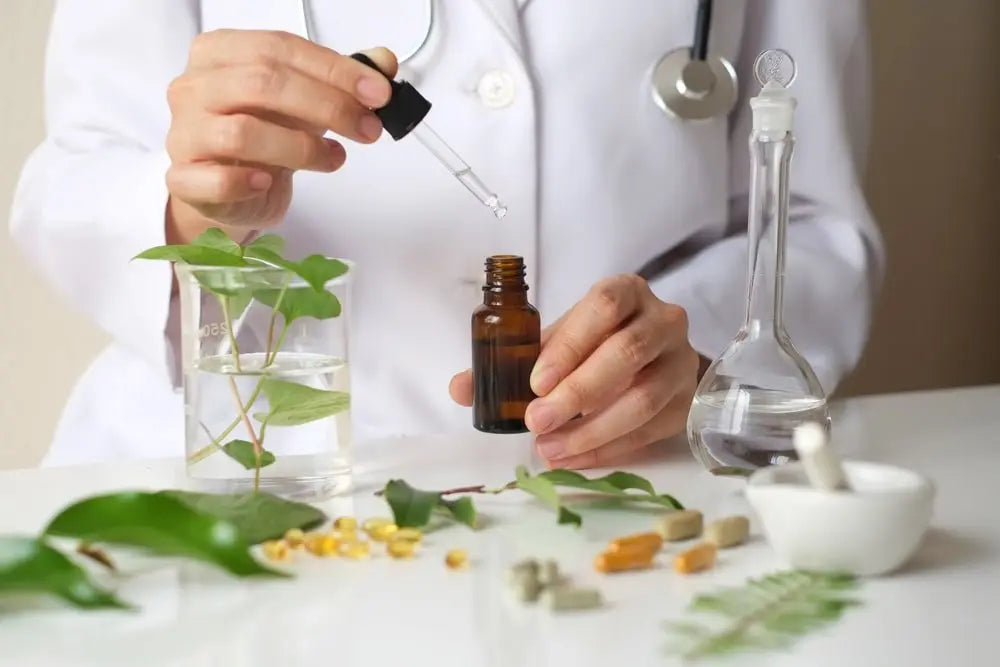
The world of traditional medicine has long embraced the therapeutic potential of essential oils. This article explores the intricate relationship between essential oils manufacturers and the realm of traditional medicine, shedding light on how these manufacturers contribute their expertise to this ancient healing practice.
The Timeless Wisdom of Traditional Medicine
Traditional medicine, spanning cultures and generations, has harnessed the power of essential oils for their medicinal and therapeutic benefits.
Essential Oils: A Key Component
1. Historical Significance: Essential oils have been a staple in traditional healing practices across the world, from Ayurveda in India to Traditional Chinese Medicine.
/b>2. Versatility: Essential oils offer a wide range of applications, from treating common ailments to promoting overall well-being.
The Role of Essential Oils Manufacturers
1. Purity and Quality: Manufacturers play a pivotal role in ensuring the purity and quality of essential oils used in traditional medicine. The sourcing and extraction processes are critical to maintaining the efficacy of these oils
2. Expertise in Formulation: Manufacturers bring their expertise in essential oil formulation to traditional medicine practitioners, helping create custom blends that cater to specific health concerns.
3. Research and Innovation: Essential oils manufacturers are continuously researching and innovating to enhance the understanding of these natural remedies, adapting them to modern practices while respecting their traditional roots.
Traditional Applications
1. Ayurvedic Oils: Ayurveda, an ancient Indian system of medicine, uses essential oils like neem, eucalyptus, and sandalwood for various therapeutic purposes, from skin care to respiratory health./p>
Traditional Chinese Medicine: Chinese medicine employs essential oils such as ginger, peppermint, and lavender in herbal formulations and acupuncture treatments to balance the body's vital energy, or "Qi."
Blending Tradition and Modern Science
1. Aromatherapy: Aromatherapy, which utilizes essential oils, has gained popularity worldwide as a complementary therapy for a wide range of conditions, including stress, pain management, and sleep disorders.
2. Phytotherapy: Traditional medicine's reliance on plant-based remedies aligns with modern phytotherapy, where essential oils are used to manage health conditions through evidence-based practices
Challenges and Considerations
1. Safety and Dosage: Traditional medicine often involves oral or topical use of essential oils. Manufacturers collaborate with practitioners to determine safe and effective dosages.
.2. Regulatory Compliance: Adherence to regulations and safety standards is crucial when using essential oils in traditional medicine to ensure patient well-being.
Conclusion
The synergy between essential oils manufacturers and traditional medicine practitioners represents a harmonious blend of ancient wisdom and modern expertise. As traditional medicine continues to gain recognition for its holistic approach to health and wellness, the role of essential oils in these practices becomes increasingly significant. With manufacturers dedicated to maintaining the purity and efficacy of essential oils, this enduring partnership promises a promising future for the integration of traditional medicine and the healing potential of these natural extracts.
Read More Articles
- All About Essential Oils
- Aromatherapy Bliss: How Essential Oils Manufacturers are Revolutionizing Wellness
- Benefits of Essential Oils - Harnessing Nature's Healing Potentials for Wellness and Health
- Essential Oil Safety Tips for Proper Use and Storage
- Exporting Indian Essential Oils: A Look at How Manufacturers Are Tapping into Global Markets
- How to Use Essential Oils for Better Sleep Through Aromatherapy?
- Private Label Essential Oils Manufacturing
- The Impact of Fair Trade Practices in the Essential Oils Supply Chain
- The Science behind Essential Oil Applications
- Variety of Essential Oils Produced by Indian Manufacturers: From Lavender to Sandalwood
- What Are Essential Oils? And Its Uses
- Why are Essential Oils Important?
- BMV Fragrances in In-Cosmetic Asia Bangkok 2019
Know About Our Products
- Clary Sage Standard- Perfumery Base
- Blue Lotus - Perfumery Base
- Bois De Rose - Perfumery Base
- Davanam - Perfumery Base
- Ginger Lily - Perfumery Base
- Incense Crystals - Perfumery Base
- Musk - Perfumery Base
- Nitrolide - Perfumery Base
- Oudh - Perfumery Base
- Rose - Perfumery Base
- Saffron - Perfumery Base
- Zarda Base - Perfumery Base
Know About Our Products
Recent Posts
- Styrax’s Symbolism Across Cultures: The Spiritual and Symbolic Significance of Styrax Resin
- How Patchouli Oil is Changing the Fragrance Industry: The Trend Toward Natural Ingredients
- The Art of Harvesting Saffron: Challenges, Techniques and the Labor-Intensive Process
- Saffron Extract: Global Demand, Trends and Predictions for the Next Decade
- How to Use Benzoin Incense to Cleanse Your Home of Negative Energy?
- Pairing Benzoin with Other Scents for Unique Atmospheres: Crafting the Perfect Incense Experience
- How Oudh Became a Symbol of Luxury: Tracing the History of Agarwood's Prestige
Copyright @ 2025 | BMV Fragrances Private Limited | All Rights Reserved
Website Design & Digital Marketing by webmasterindia.
Website Updated On:




